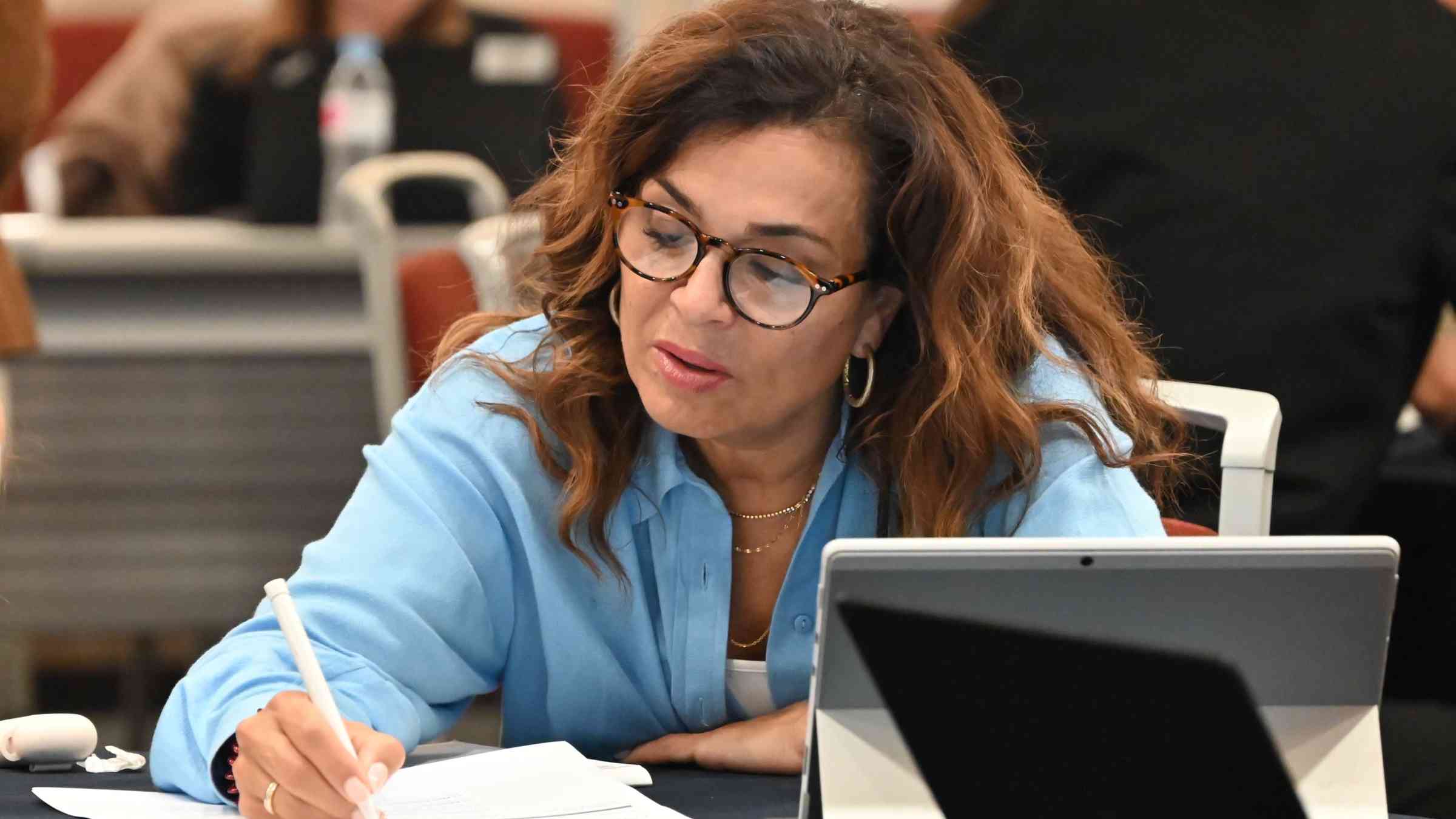Climate finance: a bridge from planning to implementation

City leaders and officials from around the world are better positioned to unlock resources and achieve on-the-ground impact for the development of resilient urban infrastructure projects.
Representatives of 21 local governments from 19 countries advanced their risk assessment and climate finance skills to provide a springboard from planning to accelerated action on urban resilience.
The Training Workshop on Tools for Disaster Risk Reduction and Urban Resilience introduced a portfolio of useful and usable instruments that supports local governments to integrate planning and action on climate and disaster risk reduction.
The Mayor of Matosinhos, Portugal, Ms Luisa Salgueiro said such skill development and the sharing of experiences was ‘the first step to success’. ‘That is why these workshops are fundamental for a municipality such as Matosinhos. The training reinforces our skills and enables us to build resilient communities and be prepared to face climate challenges,’ Mayor Salgueiro said.
Matosinhos is a Making Cities Resilient 2030 (MCR2030) Resilience Hub – globally recognized for its leadership on climate and disaster risk reduction.
The United Nations Office for Disaster Risk Reduction (UNDRR) introduced two of its newest tools: first the Climate Change Addendum to the Disaster Resilience Scorecard for Cities; and second, the Action Guide for the Scorecard (with a focus on developing a Prioritized Action Plan from the baseline self-assessment).
The Head of the United Nations Office for Disaster Risk Reduction Office for Northeast Asia and Global Education and Training Institute, in Incheon, Republic of Korea, Mr Sanjaya Bhatia said: ‘This training has provided a platform for local governments to scale up their understanding, ambition, and ultimately action to reduce climate and disaster risk through a greater understanding of the financing and project development options available to implement resilience measures.’
The Global Covenant of Mayors for Climate and Energy (GCOM) provided an in-depth look at its City Climate Finance Gap Fund, which supports cities in emerging economies to prepare projects on climate adaptation and mitigation to access funding. Participants were shown how to develop Expressions of Interest for the Gap Fund. The importance of pre-feasibility assessments and clear evidence of stakeholder engagement was emphasized to position cities to mobilize climate finance.
Ms Jazlyn Lee, Regional Focal Point for Southeast and South Asia for The City Climate Gap Fund of GCOM said the training ‘underscores the fact that project preparation is a critical capacity for cities to enable them to transition from resilience planning to implementation’. ‘We focus very much on guiding local government representatives through the key steps to prepare a project in order to transform resilience strategies into investment-ready proposals,’ Ms Lee said
The training, which was also attended by three national government representatives, is part of the wider MCR2030 global partnership’s effort to strengthen the capacity of local governments to scale up their climate and disaster action.
MCR2030 is a United Nations-led global partnership that has mobilized 30 national governments, 10 national municipality associations, and more than 1,580 local governments, committed to strengthening local disaster and climate resilience. Twenty-five of these cities have been recognized as MCR2030 Resilience Hubs including Incheon, the host city for the training.
The training followed on from the 2023 International Disaster Resilience Leaders Forum in Incheon, which was held under the theme ‘Enabling technological application and partnership for climate and disaster risk reduction’. It was organized by UNDRR and GCOM’s City Climate Finance Gap Fund. Incheon Metropolitan City and the Ministry of Interior and Safety of the Republic of Korea provided financial support to the workshop.

